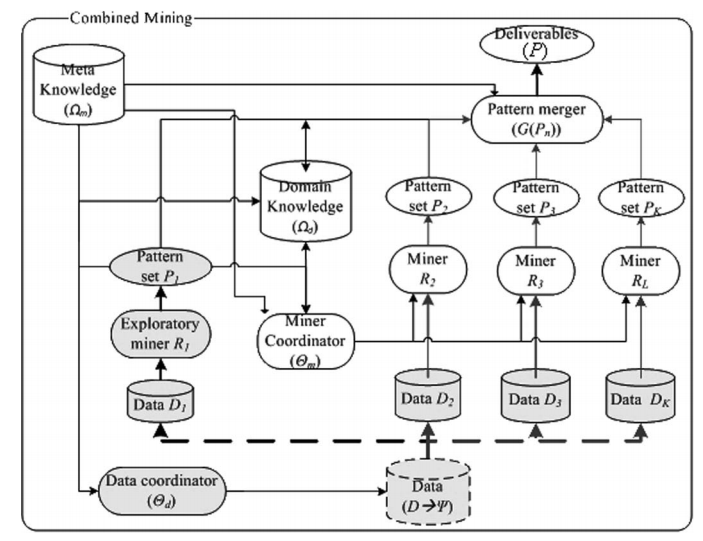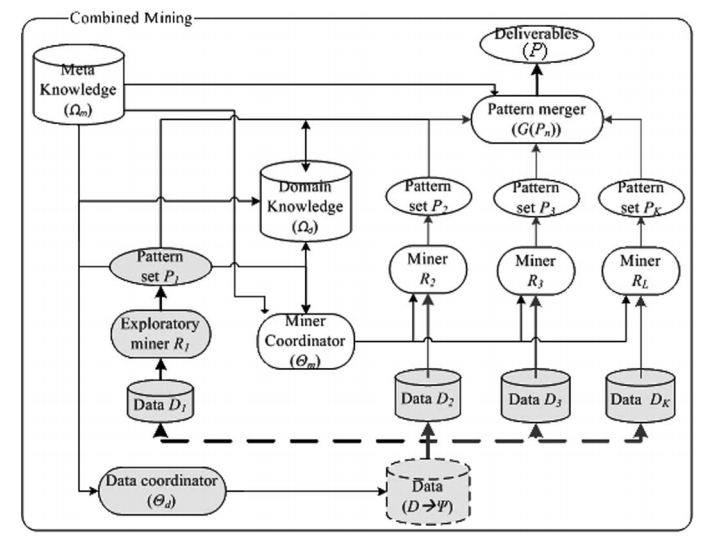
| Version | |
| Download | 11 |
| Total Views | 96 |
| Stock | ∞ |
| File Size | 412.42 KB |
| File Type | |
| Create Date | August 24, 2018 |
| Last Updated | August 24, 2018 |
Combined Mining: Discovering Informative Knowledge in Complex Data

Combined Mining: Discovering Informative
Knowledge in Complex Data
Enterprise data mining applications often involve complex data such as multiple large heterogeneous data sources,
user preferences, and business impact. In such situations, a single method or one-step mining is often limited in discovering informative knowledge. It would also be very time and space consuming, if not impossible, to join relevant large data sources for mining
patterns consisting of multiple aspects of information. It is crucial to develop effective approaches for mining patterns combining
necessary information from multiple relevant business lines, catering for real business settings and decision-making actions rather
than just providing a single line of patterns. The recent years have seen increasing efforts on mining more informative patterns, e.g., integrating frequent pattern mining with classifications to generate frequent pattern-based classifiers. Rather than presenting a specific algorithm, this paper builds on our existing works and proposes combined mining as a general approach to mining for informative patterns combining components from either multiple data sets or multiple features or by multiple methods on demand.
We summarize general frameworks, paradigms, and basic processes for multifeature combined mining, multisource combined
mining, and multimethod combined mining. Novel types of combined patterns, such as incremental cluster patterns, can result
from such frameworks, which cannot be directly produced by the existing methods. A set of real-world case studies has been conducted
to test the frameworks, with some of them briefed in this paper. They identify combined patterns for informing government
debt prevention and improving government service objectives, which show the flexibility and instantiation capability of combined mining in discovering informative knowledge in complex data.
